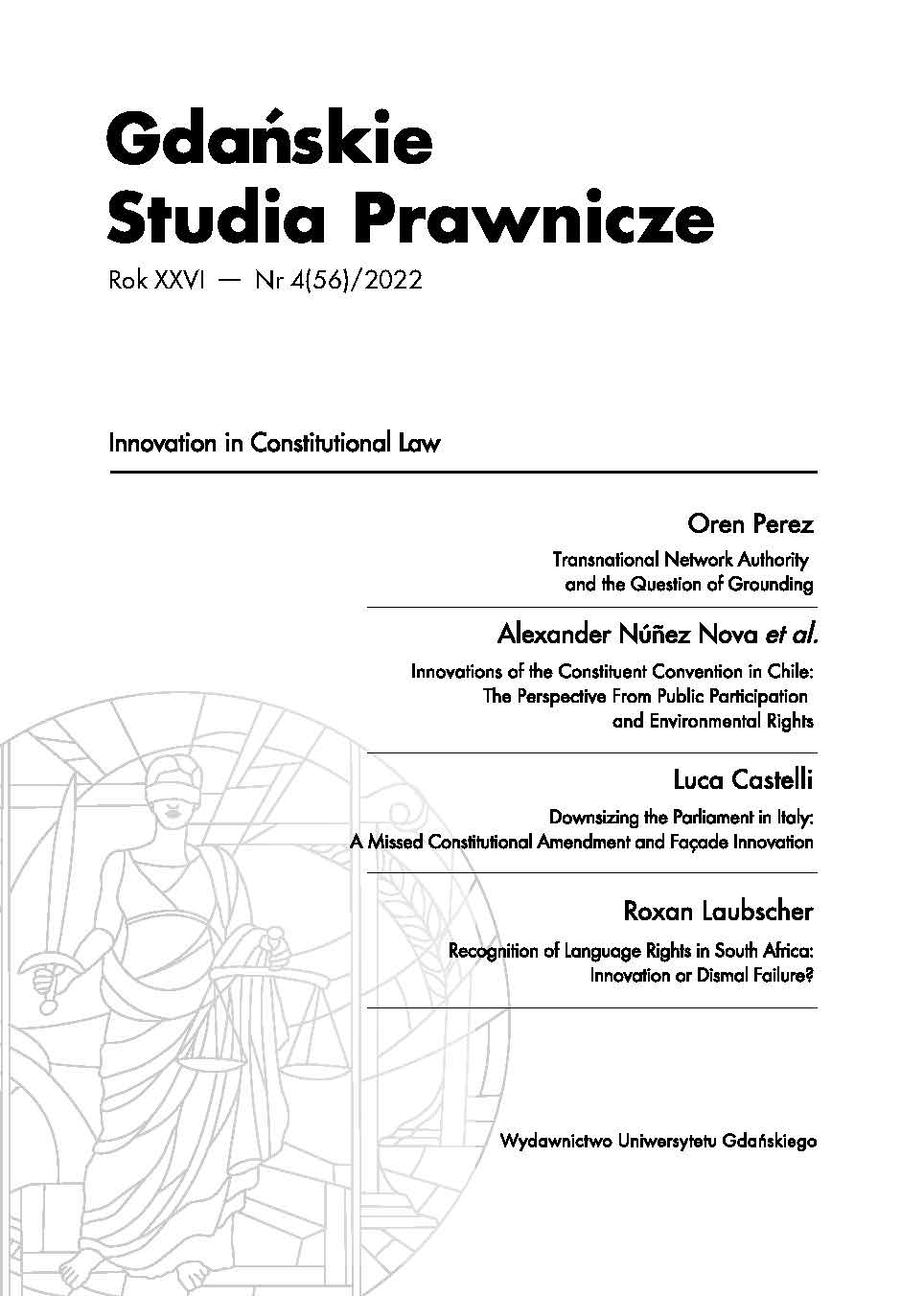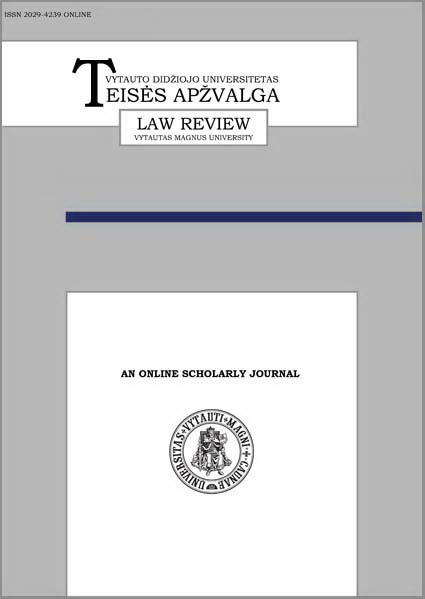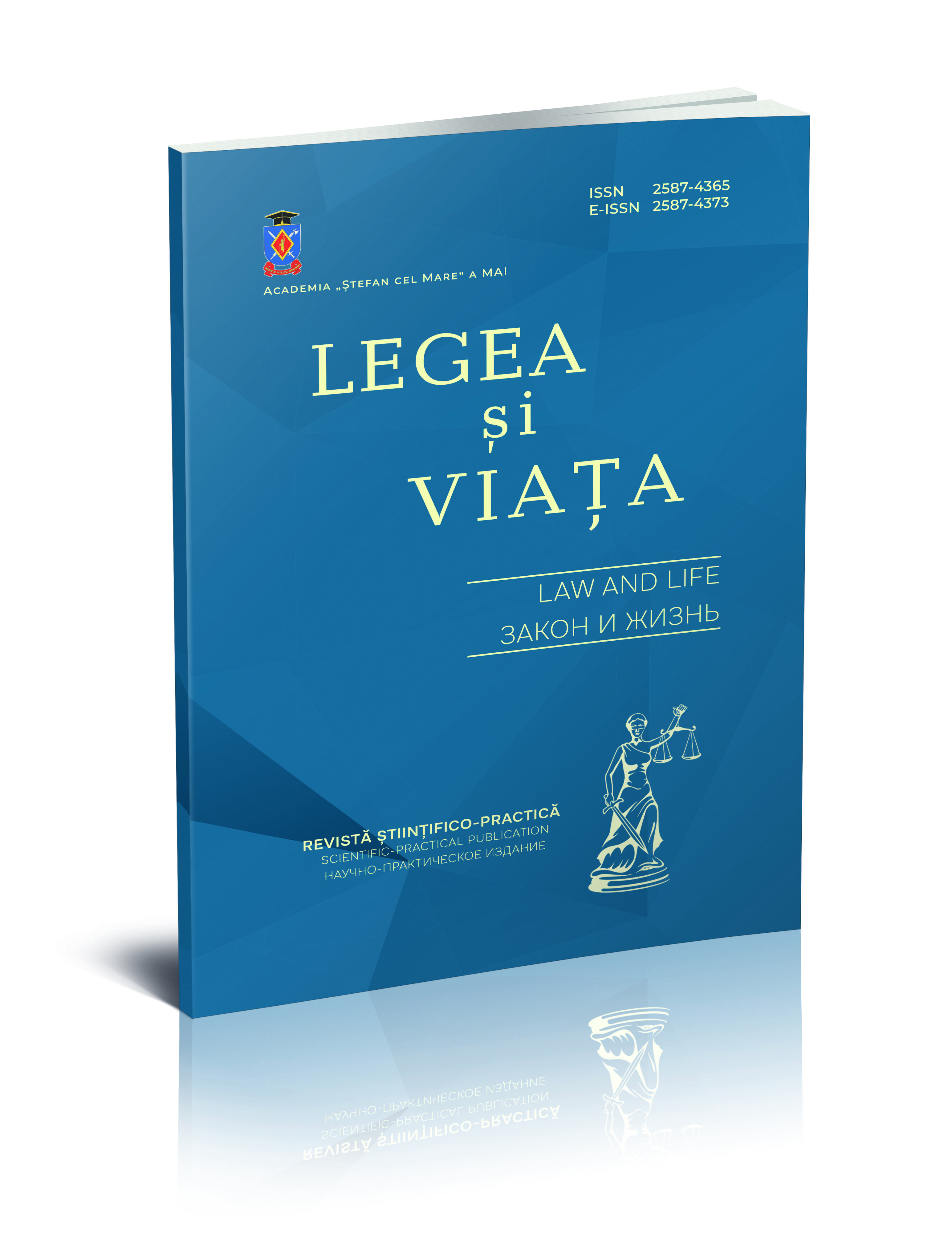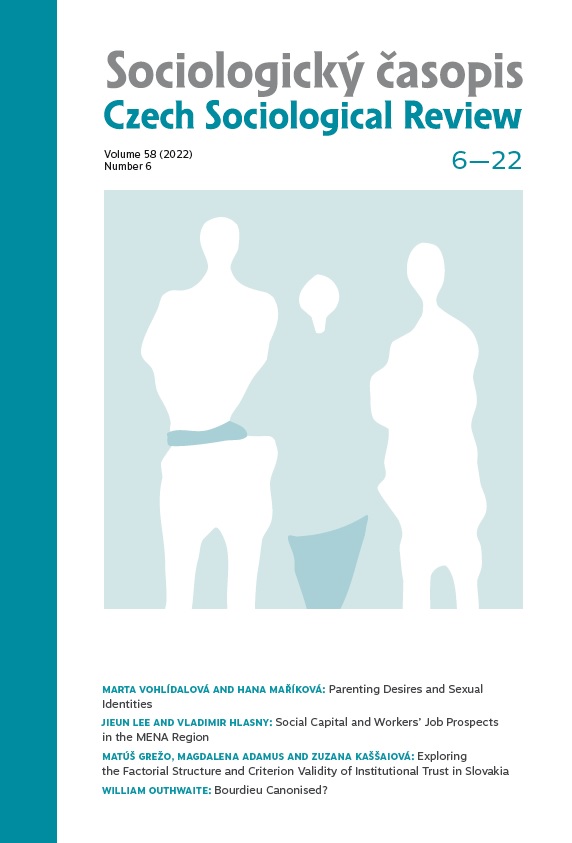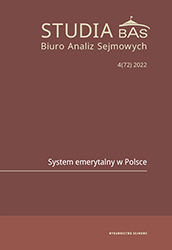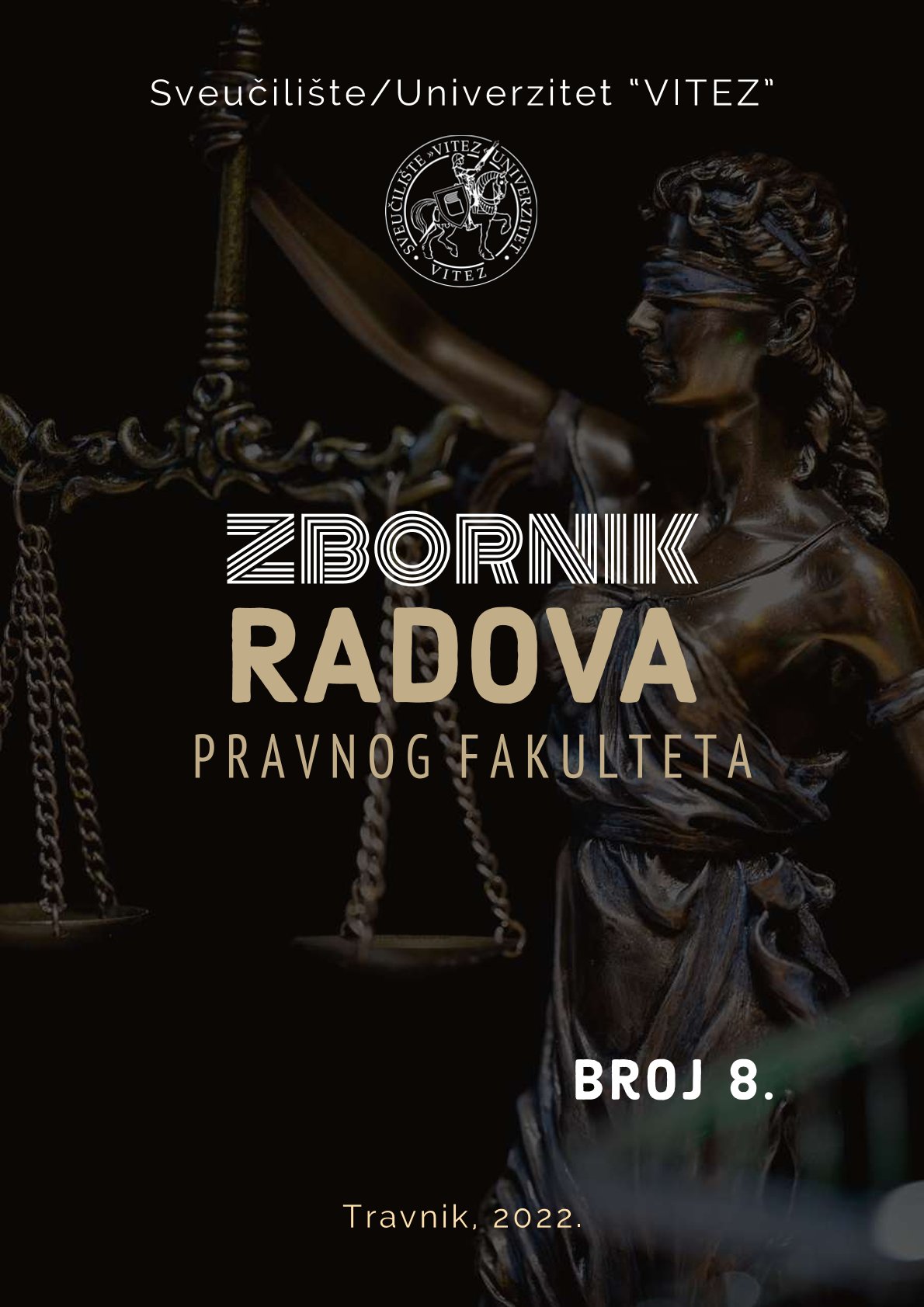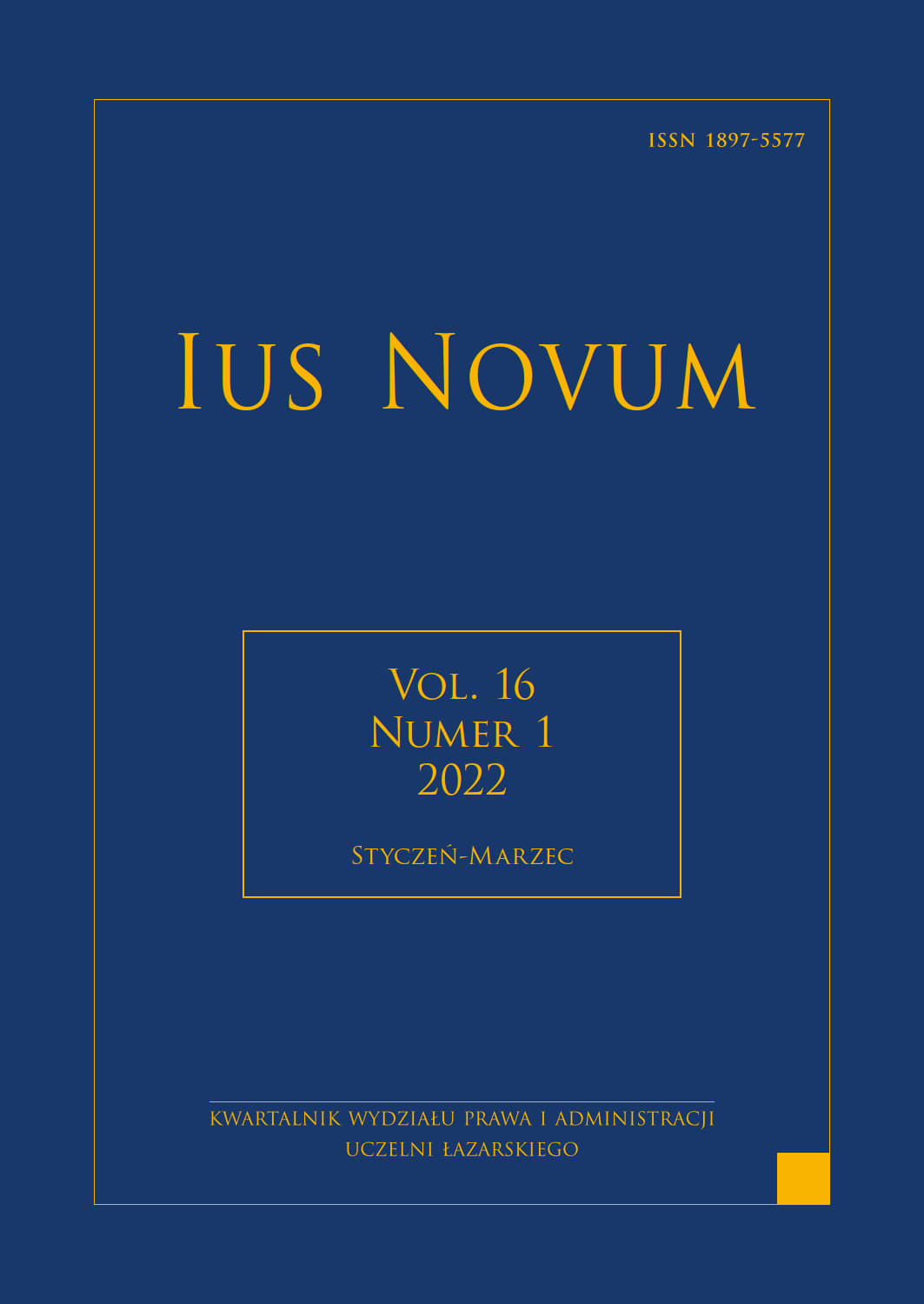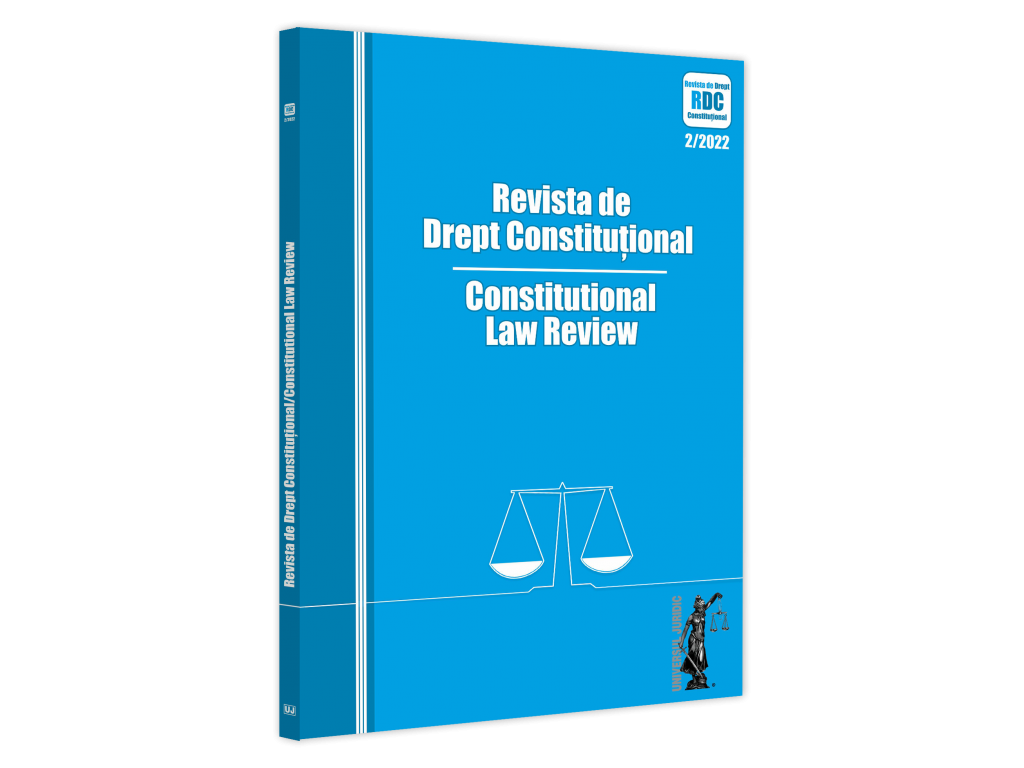Author(s): Reda Molienė / Language(s): Lithuanian
Issue: 2(26)/2022
Annual reports submitted by the Member States to the European Commission showed systemic problems with actions detrimental to the Union's financial interests and significant budget losses. OLAF, the Union's main anti-fraud body with the power to conduct independent investigations at Union level, used to provide annual judicial advices to Member States on illegal activities identified in its investigations to the detriment of the EU's financial interests. Those independent investigations pointed that Member States, with exclusive competence in criminal law, having different non-harmonized national laws, considered that in some cases the actions identified and investigated by OLAF were insufficient for prosecution or not criminalized under national law at all, otherwise prosecution was no longer possible due to short statutes of limitations. Due to the non-harmonized list of criminal offenses, numerous obstacles to the application of criminal law and different limitation periods, the existing legislation could not ensure adequate protection of the financial interests of the Union. In 2009 with the entry into force of the Lisbon Treaty and the acquisition of a legal basis for directives by the European Union, the Directive 2017/1371 on combating fraud to the Union's financial interests by means of criminal law in 2017 July 5 set itself the objective – to establish minimum rules to ensure appropriate protection of the financial interests of the Union through harmonized criminal measures. The binding nature of the Directive obliges Member States to transpose it into national law, thus bringing Member States' criminal law into line with Union law. At first sight, the decision to regulate the protection of the financial interests by a directive seems to be a decisive step forward, but a review of the scientific literature, a comparison of the criminal code and the directive, and case-law analysis provide sufficient grounds for doubting its effectiveness. Directive 2017/1371 and EPPO are two new criminal law instruments designed to ensure the protection of the Union's financial interests. And if the EPPO, which is responsible for the protection of financial interests, is working less than a year and tangible results are not yet measurable, then, with regard to the Directive, Member States have already had to harmonize criminal law measures at national level. The theoretical and practical aspects of which are problems that are entirely new in the light of the period which has elapsed since the adoption and transposition of the Directive.The aim of the article is to evaluate the sources of scientific doctrine, legal acts and case law, assess the adequacy of transposing Directive 2017/1371 into Lithuanian law and identify difficulties in implementing the protection of the European Union's financial interests at Union level and comparing our country with selected Member States, whether the entry into force of Directive 2017/1371 on combating fraud to the Union's financial interests by criminal law measures ensures adequate protection of the financial interests of the Union. The following research methods are used in the work: analytical, comparative, logical, linguistic, value and systematic. The first part of the article analyzes the historical development of the Union's financial interests, reveals the concept, composition and significance of financial interests, compare the Directive and its objectives, define criminal offenses with previous Union legislation. The potential problems and strengths of the Directive posed by researchers are analyzed. The second paragraph sets out the task of assessing the adequacy of the transposition of the Directive into national law and of carrying out a practical analysis of the protection of the financial interests of the Union in the light of the case law. The third one examines the impact of the Directive on national law, amendments to the Criminal Code, also assesses and analyzes case law (Supreme Court of Lithuania) in the selected period (2010-2021), resulting in summaries and conclusions on the offenses identified in the Directive. In the final section of the work conclusions and recommendations are provided. The main one is that the objective of strengthening the protection of the Union's financial interests by harmonizing the definitions, sanctions and limitation periods for offenses against the Union's financial interests has been achieved in theory and formally. However, due to the sufficient freedom of Member States to harmonize national legislation and the minimum rules laid down in the Directive, both the wording of the acts themselves and the criminalization (sanctions and limitation periods) remain quite different after the entry into force of the Directive.
More...
